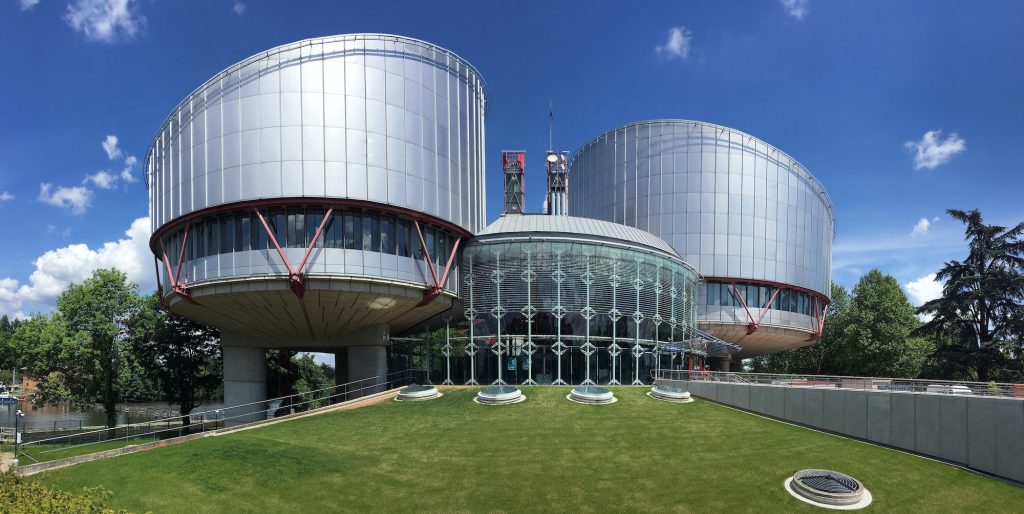ECtHR ruled that intrusive facial recognition technology violates freedom of expression and right to privacy
ECtHR found that the use of intrusive facial recognition technology against solo demonstrators violate the rights to freedom of expression and privacy.

The European Court of Human Rights (ECtHR) ruled regarding the use of facial recognition technology against a solo protester in Russia. The court determined that employing facial recognition to locate and apprehend a solo protester on the Moscow subway violated the applicant’s rights to freedom of expression and privacy. The case concerned Mr. Nikolay Sergeyevich Glukhin, who was arrested on a train where the facial recognition technology installed in the metro identified him following his participation in a peaceful solo demonstration.
Despite Russia’s withdrawal from the European Convention on Human Rights (ECHR), ECtHR determined it still possessed jurisdiction over the case since the alleged violations occurred before Russia ceased to be a party to the convention. ECtHR’s decision highlighted that facial recognition can be highly invasive in peaceful protests that posed no threat to public safety and concluded that the application of facial recognition in Mr. Glukhin’s case could not be regarded as ‘necessary in a democratic society.’ Thus, ECtHR found an unjustified conviction of a peaceful solo demonstrator and unjustified processing of the applicant’s personal biometric data using highly intrusive facial recognition technology.
ARTICLE 19, an organization advocating for freedom of expression, has long supported a halt to developing and deploying biometric technologies, including facial recognition. They contend that these technologies are frequently misused to target individuals and groups championing democratic values, such as protesters, journalists, and activists.


